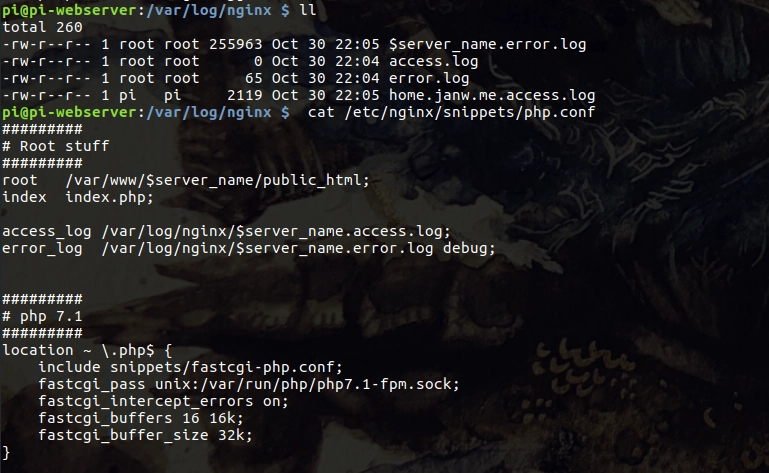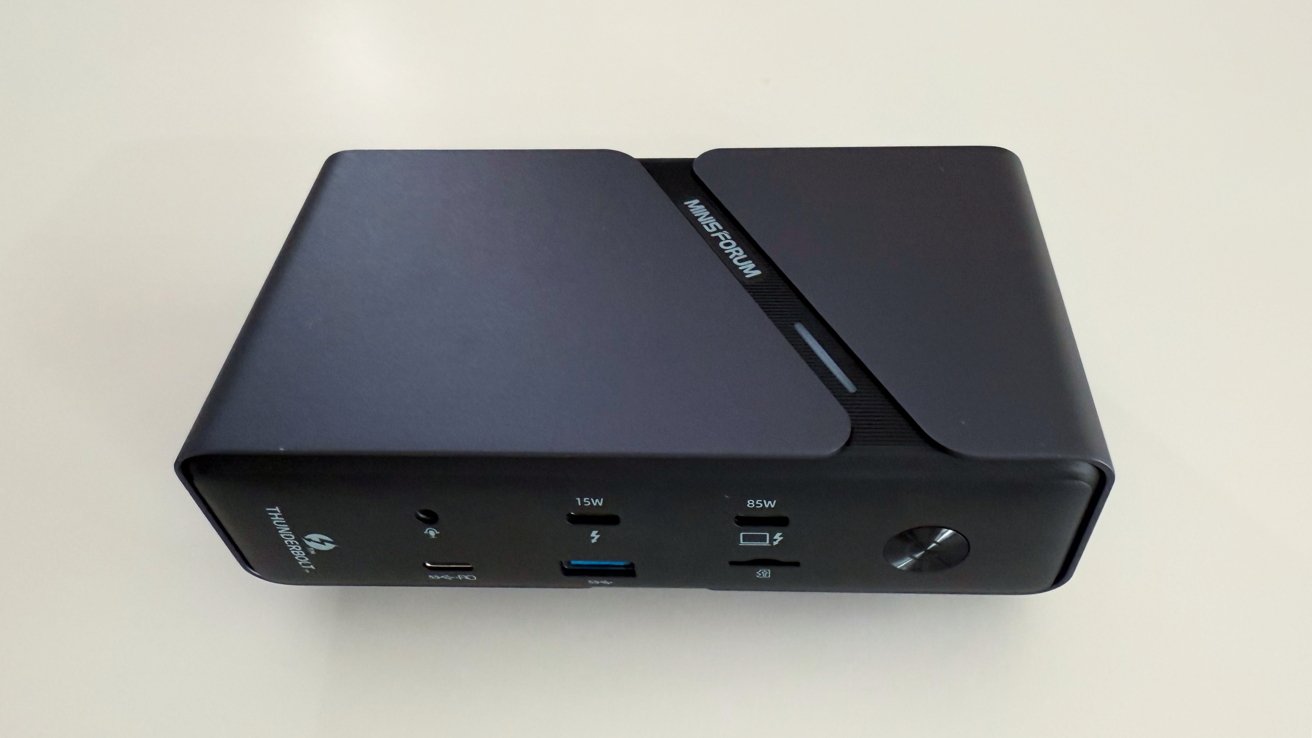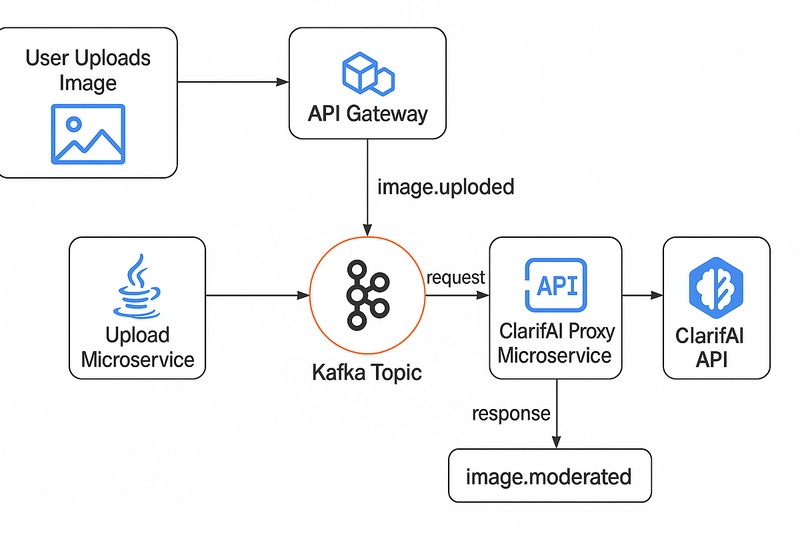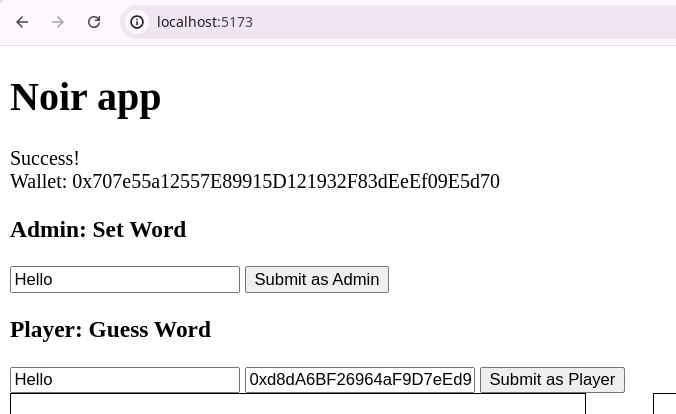Logs Don’t Lie: How to Turn Messy Files into Clear Wins for Your Team and Business
I remember the first time I was handed log files to separate into system and traffic logs. My eyes glazed over almost instantly. It felt like staring into a cryptic language, and by now you probably know I love that word 'cryptic' because that’s exactly what it was. These logs looked like digital junk drawers, overflowing with way too much information and barely any of it made sense at first glance. But the truth behind this log files is that they are secretly telling us everything about our systems: What's broken, what's about to break, and sometimes even who broke it. In this article, I'm going to show you how can read, filter, visualize, and store this log files. So you can can save the day, impress your colleagues, and maybe even score you that promotion while making impact for both your team and your organization. Index Reading Logs Like a Detective Filtering Through the Noise Making Logs Tell Visual Stories Keeping Your Logs in Check The Business Wins That Come With Understanding Log Technique Summary Reading Logs Like a Detective When a system fails, logs hold the answers. Whether you're running Linux, Apache, or NGINX, you’ll often find logs in places like /var/log/. So you start with a basic read: cat /var/log/syslog Or check your web server logs: An example: cat /var/log/nginx/error.log Why Your Boss Will Love This? Every minute a system stays down, someone's losing money or patience (or both). When you can quickly pinpoint "Ah! it's this database connection started failing at exactly 3:42 PM," you're not just fixing a problem, you're becoming the person who keeps the business running. That kind of reputation sticks... Filtering Through the Noise Most log files are full of repetitive entries. Instead of scrolling endlessly, you can filter using tools like grep. Here's an example of how to do that: grep "error" /var/log/sys.log or you want to isolate logs from a specific day? grep "2025-04-29" /var/log/sys.log The impact of this to your business: Remember that outage that took your team 4 hours to solve? Imagine cutting that down to 15 minutes. That's not just technical efficiency, that's saving your company thousands in lost productivity and keeping customers from jumping ship to competitors. It's the difference between "we're working on it" and "it's already fixed." Making Logs Tell Visual Stories It’s one thing to read logs, it’s another to visualize trends. With tools like GoAccess or the Elastic Stack, you can transform cryptic text into beautiful insights. The "Wow" Factor Picture this: Your next meeting doesn't start with endless explanations. Instead, you pull up a dashboard showing exactly when traffic spiked, where errors clustered, and which systems need attention. You're not just sharing information, you're telling a story that anyone can follow, from the newest intern to the CEO. Keeping Your Logs in Check Logs grow fast. Left unchecked, they can eat up storage or overwhelm cloud costs. That’s where tools like logrotate come in. This keeps logs organized, compresses old ones, and removes clutter automatically. Smart storage saves money. It ensures systems run smoothly without surprise outages due to full disks or bloated cloud bills. It’s also part of good compliance and auditing practices for teams working in regulated industries. Nobody gets praised for preventing disasters that never happened, except you will. When everyone else is panicking about servers crashing because log files filled up the disk, you'll be the calm one saying, "Our systems automatically handle that." Plus, when the compliance auditors come knocking (and they always do), you'll have everything organized, searchable and ready to go. The Business Wins That Come With Understanding Log Technique Understanding how log works is not just a tech flex, it delivers real business impact that everyone notices: You troubleshooting faster: No more guesswork. You spot issues before they cause outages: "How did you know the memory was going to max out before it happened?" You spot intruders: You'll see login attempts, strange patterns, or system misuse. You optimize everything: You will be able to identify slow endpoints, failed services, or overloaded resources. You make customers happier: Because problems get fixed before they ever notice them. Each of these moments builds your reputation as someone who doesn't just understand technology, you understand how to make technology serve the business. Summary If you've been treating logs like digital junk mail, it's time for a mindset shift. Those logs are conversations happening inside your systems. They're telling you secrets, sharing warnings, and offering clues if you're willing to listen. Start small. Pick one critical log file. Learn to read it. Filter something useful. Create a simple visualization. With each

I remember the first time I was handed log files to separate into system and traffic logs. My eyes glazed over almost instantly. It felt like staring into a cryptic language, and by now you probably know I love that word 'cryptic' because that’s exactly what it was. These logs looked like digital junk drawers, overflowing with way too much information and barely any of it made sense at first glance.
But the truth behind this log files is that they are secretly telling us everything about our systems: What's broken, what's about to break, and sometimes even who broke it.
In this article, I'm going to show you how can read, filter, visualize, and store this log files. So you can can save the day, impress your colleagues, and maybe even score you that promotion while making impact for both your team and your organization.
Index
- Reading Logs Like a Detective
- Filtering Through the Noise
- Making Logs Tell Visual Stories
- Keeping Your Logs in Check
- The Business Wins That Come With Understanding Log Technique
- Summary
Reading Logs Like a Detective
When a system fails, logs hold the answers. Whether you're running Linux, Apache, or NGINX, you’ll often find logs in places like /var/log/.
So you start with a basic read:
cat /var/log/syslog
Or check your web server logs:
An example:
cat /var/log/nginx/error.log
Why Your Boss Will Love This?
Every minute a system stays down, someone's losing money or patience (or both). When you can quickly pinpoint "Ah! it's this database connection started failing at exactly 3:42 PM," you're not just fixing a problem, you're becoming the person who keeps the business running. That kind of reputation sticks...
Filtering Through the Noise
Most log files are full of repetitive entries. Instead of scrolling endlessly, you can filter using tools like grep.
Here's an example of how to do that:
grep "error" /var/log/sys.log
or you want to isolate logs from a specific day?
grep "2025-04-29" /var/log/sys.log
The impact of this to your business:
Remember that outage that took your team 4 hours to solve? Imagine cutting that down to 15 minutes. That's not just technical efficiency, that's saving your company thousands in lost productivity and keeping customers from jumping ship to competitors. It's the difference between "we're working on it" and "it's already fixed."
Making Logs Tell Visual Stories
It’s one thing to read logs, it’s another to visualize trends. With tools like GoAccess or the Elastic Stack, you can transform cryptic text into beautiful insights.
The "Wow" Factor
Picture this: Your next meeting doesn't start with endless explanations. Instead, you pull up a dashboard showing exactly when traffic spiked, where errors clustered, and which systems need attention. You're not just sharing information, you're telling a story that anyone can follow, from the newest intern to the CEO.
Keeping Your Logs in Check
Logs grow fast. Left unchecked, they can eat up storage or overwhelm cloud costs. That’s where tools like logrotate come in. This keeps logs organized, compresses old ones, and removes clutter automatically. Smart storage saves money. It ensures systems run smoothly without surprise outages due to full disks or bloated cloud bills. It’s also part of good compliance and auditing practices for teams working in regulated industries.
Nobody gets praised for preventing disasters that never happened, except you will. When everyone else is panicking about servers crashing because log files filled up the disk, you'll be the calm one saying, "Our systems automatically handle that." Plus, when the compliance auditors come knocking (and they always do), you'll have everything organized, searchable and ready to go.
The Business Wins That Come With Understanding Log Technique
Understanding how log works is not just a tech flex, it delivers real business impact that everyone notices:
- You troubleshooting faster: No more guesswork.
- You spot issues before they cause outages: "How did you know the memory was going to max out before it happened?"
- You spot intruders: You'll see login attempts, strange patterns, or system misuse.
- You optimize everything: You will be able to identify slow endpoints, failed services, or overloaded resources.
- You make customers happier: Because problems get fixed before they ever notice them.
Each of these moments builds your reputation as someone who doesn't just understand technology, you understand how to make technology serve the business.
Summary
If you've been treating logs like digital junk mail, it's time for a mindset shift.
Those logs are conversations happening inside your systems. They're telling you secrets, sharing warnings, and offering clues if you're willing to listen.
Start small. Pick one critical log file. Learn to read it. Filter something useful. Create a simple visualization.
With each small win, you'll build confidence and clarity to turn messy files into business wins. Before long, you'll see patterns others miss, solve problems others can't, and understand your systems at a level that transforms you from a technician into a trusted advisor. That’s how you start making an impact that goes beyond just code.
And that's how logs...yes, those seemingly boring text files can actually become your advantage for success.
Did this change how you see logs?
Connect with me on LinkedIn, if this article helped you see logs in a new light. I'd love to hear how you're applying logs to improve your systems or solve real problems at work.
#30DaysLinuxChallenge #CloudWhistler #RedHat #Cloudsecurity #DevOps #Linux #OpenSource #CloudComputing #Womenwhobuild #RedHatEnterpriseLinux #SystemLogs #EnterpriseIT #Observability #Logging #SysAdmin #Automation #CloudEngineer #TechForBusiness #ITSupport #SRE #CloudOps







































































![Standalone Meta AI App Released for iPhone [Download]](https://www.iclarified.com/images/news/97157/97157/97157-640.jpg)











































































































































































































































![[The AI Show Episode 145]: OpenAI Releases o3 and o4-mini, AI Is Causing “Quiet Layoffs,” Executive Order on Youth AI Education & GPT-4o’s Controversial Update](https://www.marketingaiinstitute.com/hubfs/ep%20145%20cover.png)





































































































































































































.jpg?#)




























































